December the 22nd, 2023 – This week in Croatian politics, Croatian Parliament plans a temporary move, Croatia’s standard on the EU scale continues to be unimpressive, and we have a new economy minister.
Croatian Parliament plans a temporary move as earthquake damage repairs begin
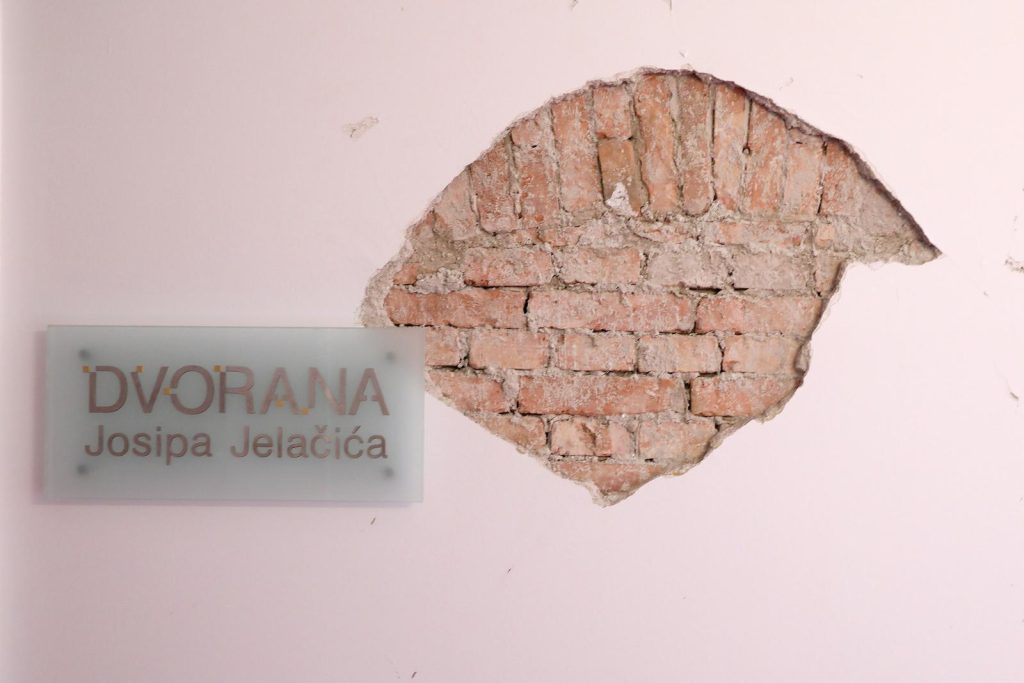
The earthquake that struck us here in Zagreb back in March 2020 might seem like a lifetime ago now, but the scars of that natural disaster still remain on the city’s buildings. Be they the mere facades or the very foundations, constructions across the capital are still undergoing repairs, and the Croatian Parliament building is one of them.
The Parliamentary Committee for Announcing and Implementing the Public Call has now announced that two offers were received based as a result of that non-binding public call, which was open until December the 15th, 2023.
You can read more by clicking here.
More optimistic economic forecasts for Croatia
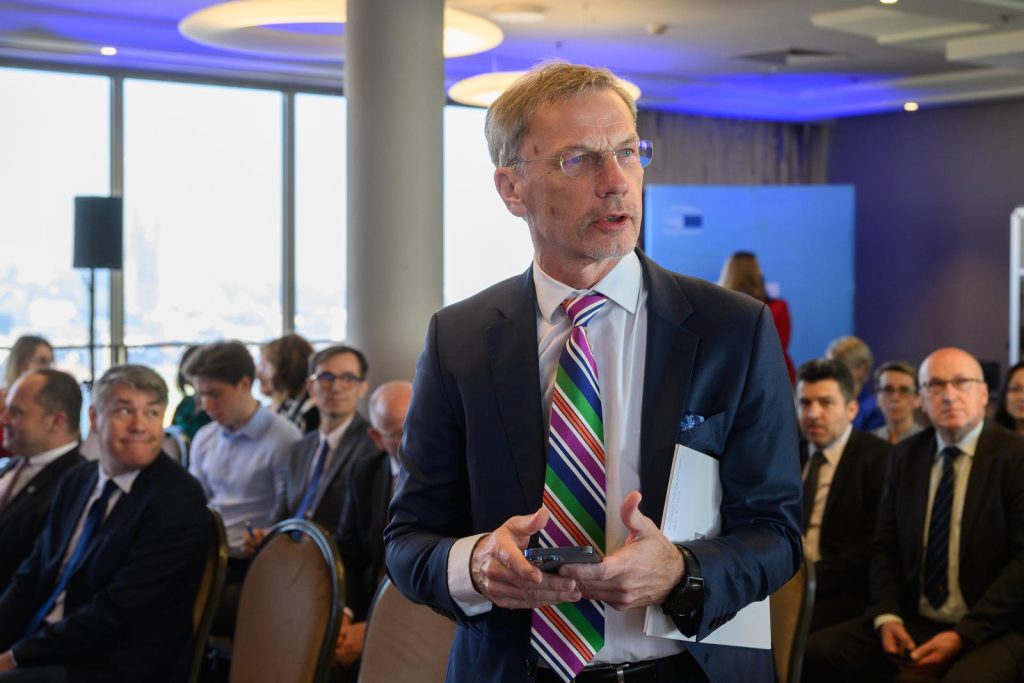
Looking at current trends in economic activity, as well as the 2024 financial forecast for Croatia, the Croatian National Bank (CNB) is quite optimistic.
In the latest projections, the CNB reduced the estimate of economic growth for this year to 2.6 percent (compared to 2.9 percent from the September forecasts), however the reason for this is not the current economic dynamics, but a revision of the data of the National Bureau of Statistics on the GDP, by which the growth in the first half of the year was corrected downwards. The ups and downs reported so far as far as forecasts are concerned have been confusing for Croatian politics in general.
CNB’s rapid assessment models suggest that the last quarter of the year will be marked by a renewed acceleration of economic activity – with the growth of 0.8 percent on a quarterly basis and 3.5 percent compared to the last quarter of last year.
All in all, while the recovery in the Eurozone has been postponed until the beginning of next year, the CNB expects somewhat stronger GDP growth for Croatia next year than until recently; instead of 2.6 percent in real terms, in 2024 they are now counting on growth of 3 percent.
You can read more by clicking here.
DAVOR BOŽINOVIĆ: CROATIA ARRESTED 1700 PEOPLE SMUGGLERS IN 2023
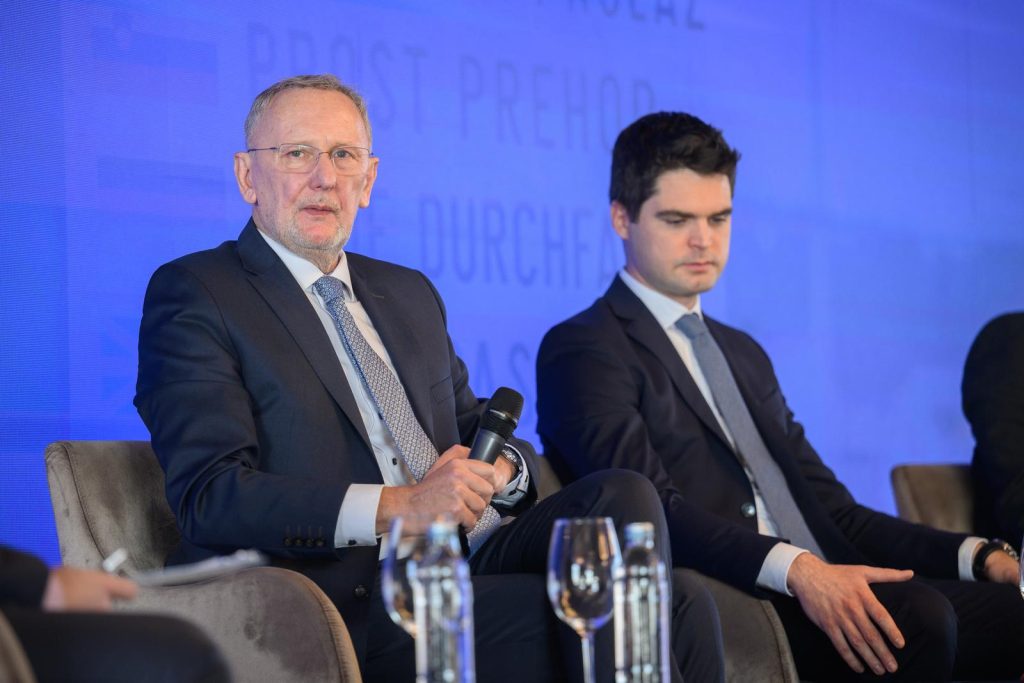
The Croatian police arrested a total of 1700 people smugglers this year alone, as revealed by Interior Minister Davor Božinović at Monday’s Schengen panel in Zagreb.
“The number of illegal crossings into the Republic of Croatia this year is 40 percent higher than last year, “said Davor Božinović at a panel entitled “Schengen today and tomorrow: A security perspective” held at the European Parliament meeting in Zagreb.
Most of those individuals came from Afghanistan, others are Turkish, and the third are Russian nationals, added Davor Božinović.
As for people smugglers arrested by the Croatian authorities this year, the number stands at an alarming 1700. This is a massive 80 percent increase compared to last year, and they charge five thousand euros for enabling people the illegal crossing of Croatian territory. This represents about a third of the total number of people smugglers arrested throughout the entire EU as a bloc.
There are no indications that the influx of migrants will stop, but the situation is different from how it was back in 2015. Back then, these issues were mostly to do with people fleeing war, while today, it’s all about economic migrants, revealed Minister Davor Božinović.
“Some countries that once said that it was a human rights issue are now saying that they no longer have the capacity and that they can no longer do it,” said the minister, before denying that Croatia needed help from Frontex, the European border guard agency, as some in Croatian politics had advocated for before.
You can read more by clicking here.
The CROATIAN STANDARD is AMONG THE LOWEST IN THE EU
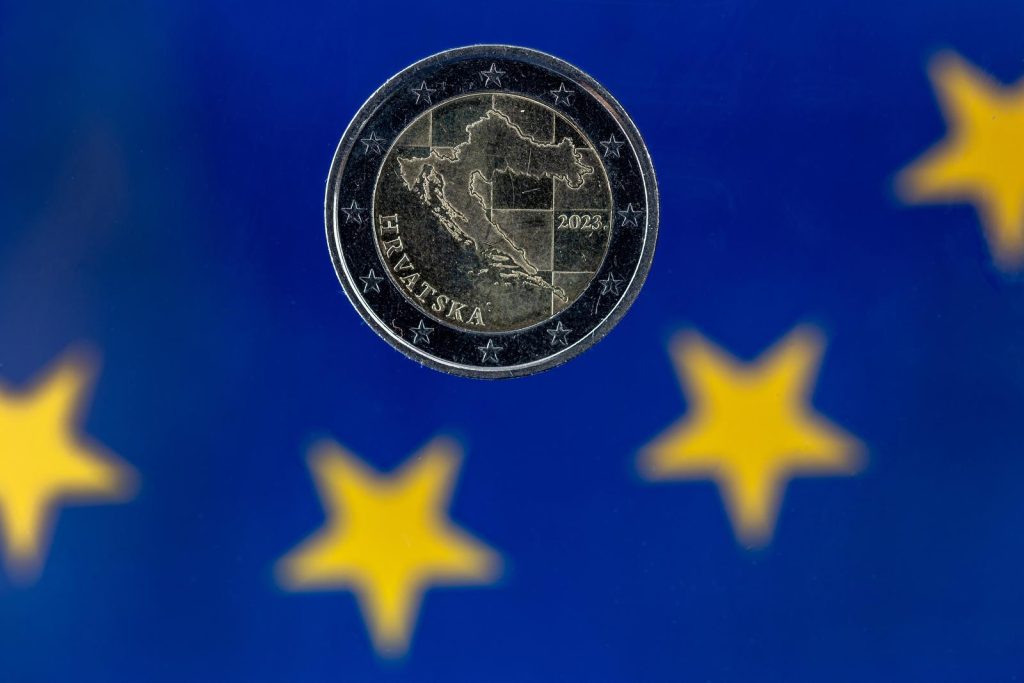
As part of the EU, Croatia belongs to one of the most developed parts of the world, but within the EU itself there are big differences between the richest and the less rich. The progress of a country that is less developed than the EU average can be seen by approaching the standard of the EU average, and the regression by moving away from the average. According to the most recent Eurostat data on actual individual consumption, Croatian standard ranks among the lowest in the EU.
Poorer countries should progress faster towards the average because they have more significant growth of GDP and standard, i.e. it is easier for them to grow economically at high rates. Less developed EU countries have been approaching the EU average in recent years, as has Croatia.
According to actual individual consumption, adjusted for the price difference (PPS), Croatia is one of the EU members with the lowest standard. Only two countries have a lower standard according to this indicator, Hungary and Bulgaria. Croatia is at 76 percent of the EU average according to actual individual consumption, Hungary at 71 percent, and Bulgaria at 69 percent. These are the three EU members whose population has the worst standard.
You can read more by clicking here.
Croatia has a new economy minister
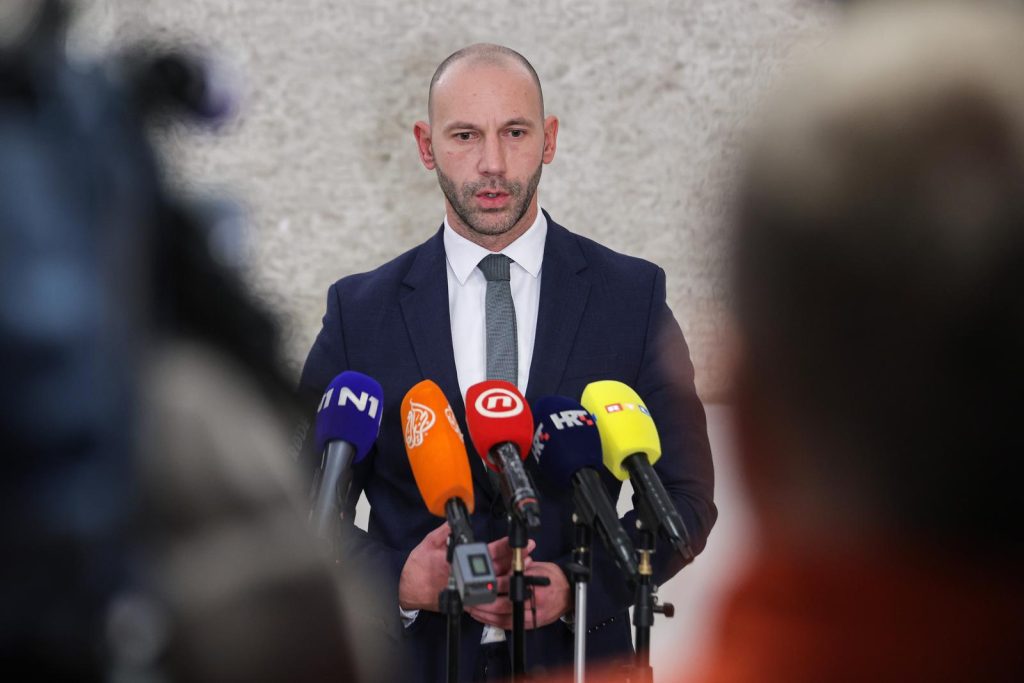
Following the stepping down of former economy minister Davor Filipović, Croatia now has another minister in his place – Damir Habijan. This new figure in Croatian politics is experienced in corporate law, has plenty of knowledge about the business world and will take his new governmental position seriously – at least according to the prime minister.










